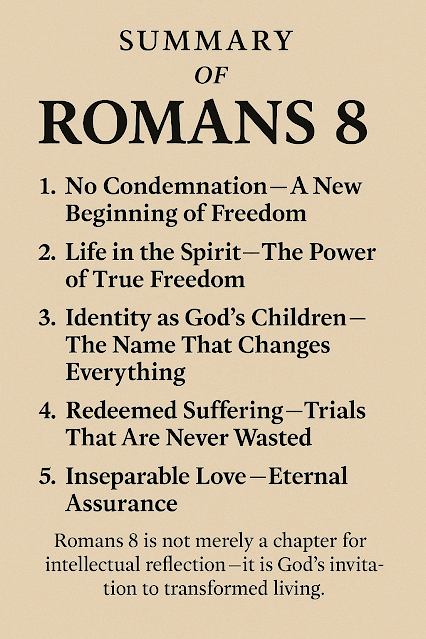Friedrich Nietzsche *0007
Annotation #0007
It’s pretty fascinating that Nietzsche—a nine-letter German word—can be pronounced in just two syllables in Korean. What kind of sorcery is that? If you're not careful, you might overdo it and read it in a pompous way, like “Ni-e-cheu-she,” pretending to sound sophisticated.
In the early 18th century, Immanuel Kant’s philosophy completely scrambled people’s way of thinking. It was notoriously difficult. All I really remember is that he flipped the relationship between the subject and the object of perception. In other words, the subject's way of perceiving determines how the object (be it a thing or existence) is understood. Depending on how the perceiver thinks, even the universe itself could be a completely different universe... It’s a perspective that makes sense—and yet somehow doesn’t. Deeply philosophical and wildly confusing.
Trying to read and understand the three critiques of pure reason is a guaranteed way to mess yourself up—physically, mentally, and even morally. I think I tried once. But since I’m not making a living off philosophy, I figured there was no need to torture myself with such a monstrous book. So I didn’t.
Nietzsche, on the other hand, also inflicted pain on many with his obscure expressions and philosophical declarations. But still, he was a little more understandable than Big Brother Kant. He rejected the determinism and fatalism rooted in the religious doctrines that dominated the time. Instead, he proposed a philosophy of living, where one carves out their own fate—not one bestowed from the heavens. A view that feels very much like existentialism as we know it.
You’ve probably heard of his famous works like Thus Spoke Zarathustra and Human, All Too Human. They’re at least worth reading. And I mean that—they’re actually readable.
His theory of eternal recurrence—that life has no full stop, just endless loops in which we return again and again in the same form—was something I couldn’t grasp at first. But the idea that, if I can create a better “me” today, then in the next life I’ll return as a more evolved version of myself? That really caught my attention. It’s different from the Buddhist notion of reincarnation.
For Nietzsche, suffering and hardship are nothing more than fertilizer for becoming a better self. The Übermensch—literally, “one who overcomes,” the so-called superman—is someone who strives every day, undeterred by suffering or adversity, to grow and surpass themselves. Now isn’t that inspiring?
Korean version: https://deposo.tistory.com/122

.jpg)





Comments
Post a Comment